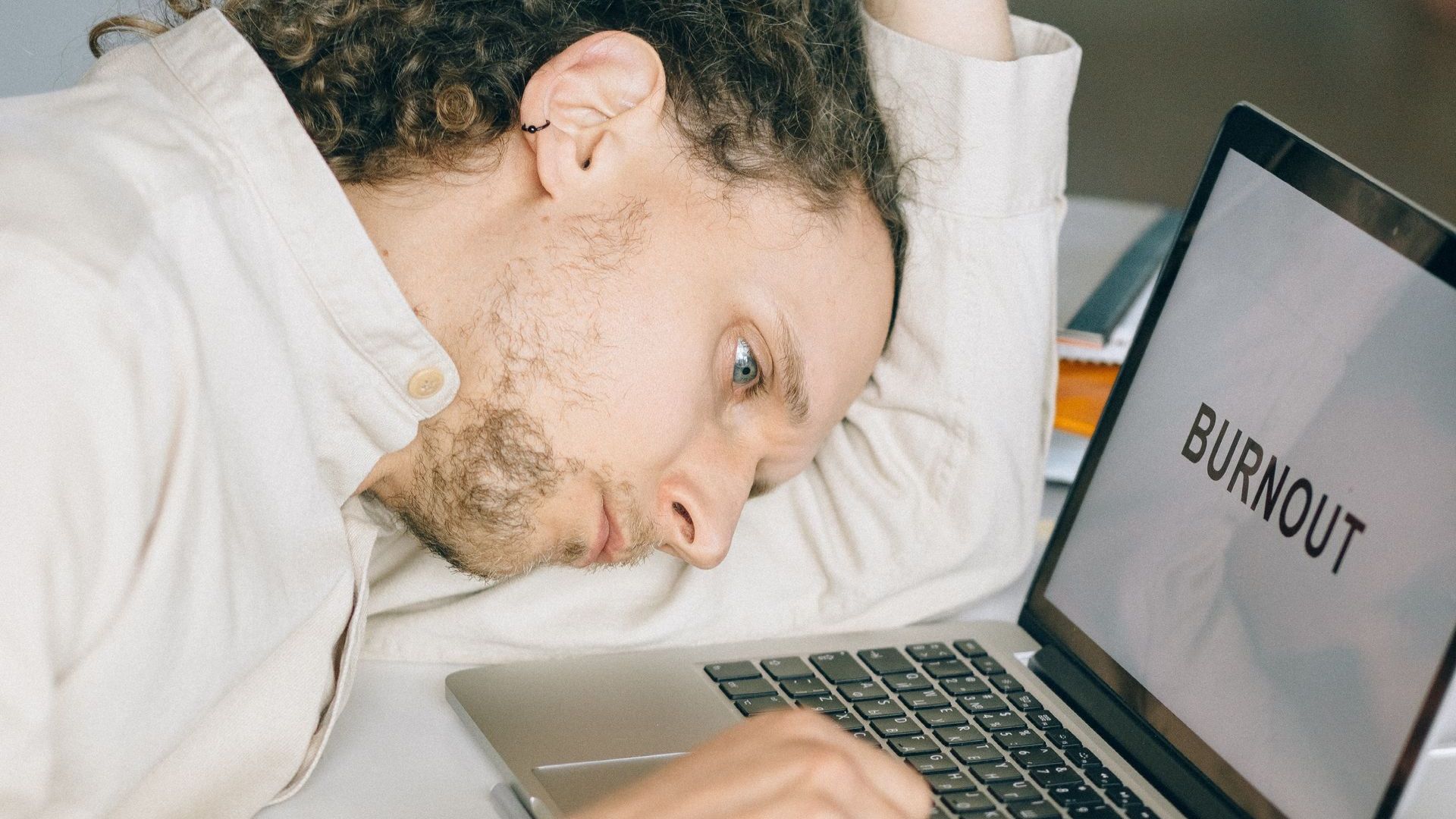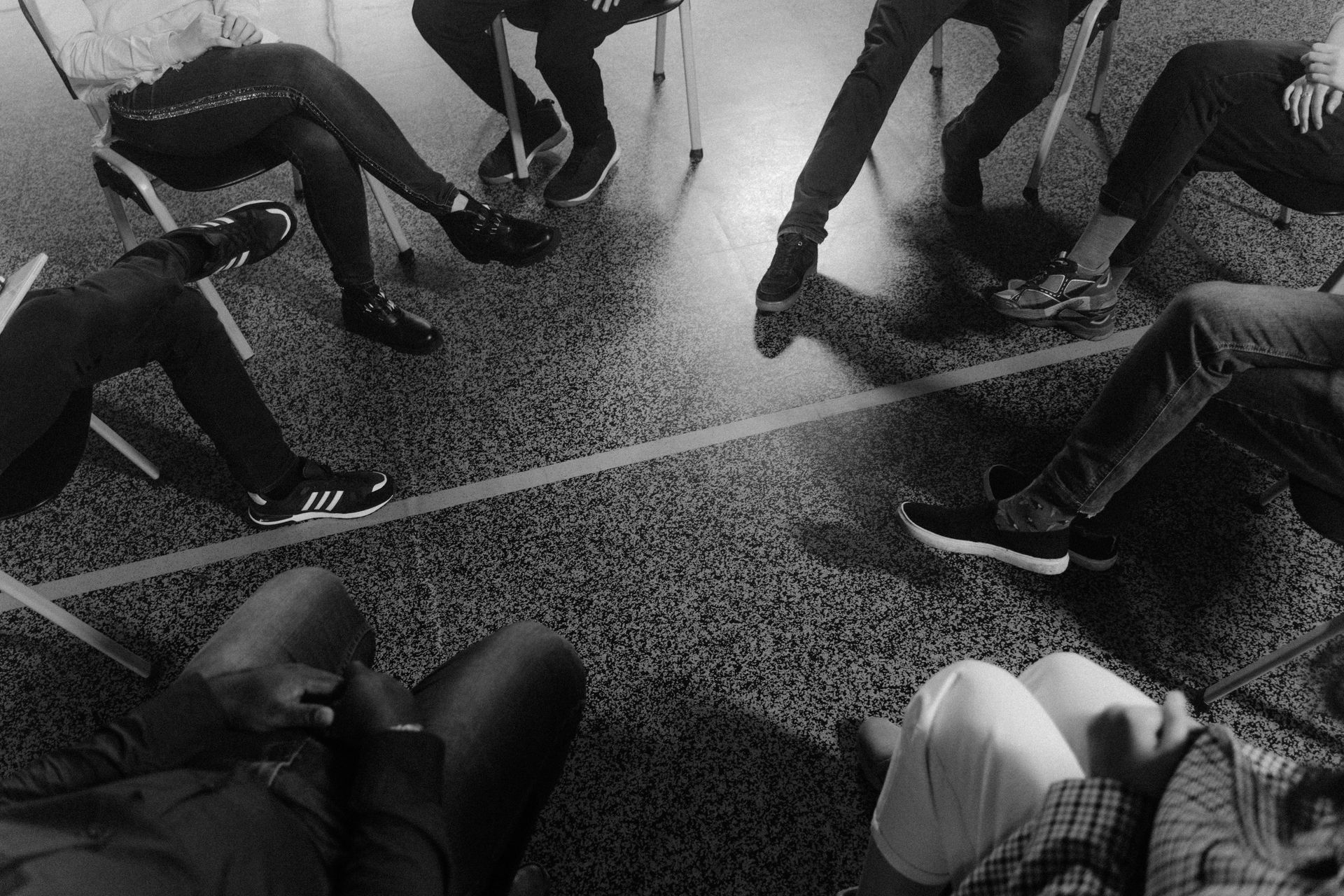Hustle Culture and the Effects of Burnout

Hustle Culture and the Effects of Burnout
There’s nothing wrong with working towards a goal—and many goals take hard work. There is a fine line, though, between working hard and the kind of “hustle” that leads to burnout.
While the idea of working to the point of burnout is nothing new, a rise in “hustle culture” has led many to push themselves beyond their limits—causing unnecessary stress and mental health concerns.
But what exactly are “hustle culture” and “burnout?” And how do these things affect mental health and substance use?
What Is “Hustle Culture?”
A recent article in Forbes discussing “hustle culture” explains it perfectly below:
“Hustle culture puts work at the center of life. Long working hours are praised and glorified. Time off is seen as laziness. If you are not hustling, you are failing.”
It’s no surprise with the rise of hustle culture has come a rise in burnout and the mental health concerns that come with it.
What is Burnout?
Mayo Clinic describes burnout as:
“A special type of work-related stress—a state of physical or emotional exhaustion that also involves a sense of reduced accomplishment and loss of personal identity.”
Those that push themselves to burnout often feel a heightened sense of anxiety, dread, and even depression. Not only does mental exhaustion take a toll but burnout also often comes with the adoption of unhealthy behaviors. This may include not eating enough, overeating, not sleeping, and the use of substances to either keep up with the workload or destress.
The consequences of burnout can include:
· Anxiety
· Fatigue
· Depression
· Irritability
· Increase in substance use
· High blood pressure
· Heart disease
Stress and burnout can push the mind and body to places it wasn’t adapted to go to and can have extreme consequences.
What Can I Do About Burnout and Stress?
The first thing you should do is put down the books, stop listening to the podcasts, and stop watching the YouTube videos that encourage hustle culture. It’s okay to set goals and push yourself but, if you find that it is causing negative effects on your health, you need to slow down.
If you are experiencing depression, anxiety, an increase in substance use, or other unhealthy changes, consider speaking with a trained mental health professional. If the stress is being exacerbated by a behavioral health disorder, consider enrolling in a treatment program like Front Door Health for additional support.
About Front Door Health
Front Door Health offers in-home treatment for patients with dual diagnosis and behavioral disorders. We take a scientific approach to treatment, and we create custom treatment plans for our patients to increase their chances of success. Our team believes patients should get the treatment they need when they need it. That’s why we offer immediate treatment for patients (often same-day enrollment!). We also provide 24/7 treatment services for our patients. We are here when patients need us!
We understand that it can be difficult for patients to put their lives on hold and take time off work. Our in-home treatment allows patients to continue to meet their work, school, family, pet, and other obligations while receiving the treatment they deserve. With that said, we believe in creating stability and we assist with the development of a healthy work-life balance.
If you would like to learn more about in-home treatment, contact Front Door Health today. We’re happy to answer any questions and provide you with the help you need.
info@frontdoorhealthcenter.com



